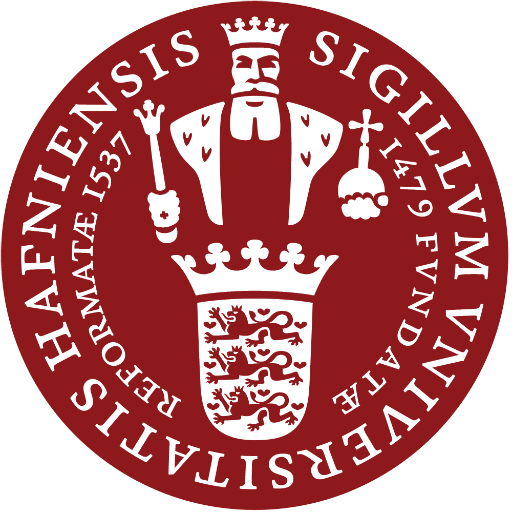PhD scholarship in Population genomics, adaptation and pathogens in the Middle East (Iran)
The Lundbeck Foundation GeoGenetics Centre, Faculty of Science at University of Copenhagen is offering a PhD scholarship in 3 years commencing 15 July 2019 or as soon as possible thereafter.
Description of the scientific environment
The fully-funded position will be carried out at the Lundbeck GeoGenetics Centre, a world-leading institution in ancient DNA studies. The candidate will have an opportunity to collaborate with leaders in the fields of paleogenomics, population genetics, quantitative genetics and palaeoanthropology, like Eske Willerslev, Rasmus Nielsen, Martin Sikora, Morten Allentoft and Fabrice Demeter. The University of Copenhagen is ranked the 29th best university in the world according to Academic Ranking of World Universities 2018 . It provides excellent academic programs in biology, bioinformatics, statistics, computer science and mathematics. The GeoGenetics Centre is located in central Copenhagen, Denmark – a city that is ranked among the most liveable cities in the world . The candidate will have the opportunity to take courses in bioinformatics, computer science, statistical inference, machine learning, data science, population genetics, paleogenomics, paleoproteomics, and archaeological science, among many others.
For more information click "LINK TO ORIGINAL" below.
Project description: Population genomics, adaptation and pathogens in the Middle East (Iran)
Iran is located in a region with a highly diverse and changing environment. These different environmental conditions have over time led to shifts in human settlement patterns from nomadic and semi-nomadic to permanent residence. Moreover, proximity to the Caspian Sea in the north and the Persian Gulf and the Oman Sea in the south has provided special conditions for population mobility. Different human groups have likely migrated between Iran and regions like Iraq, the Mediterranean, Central Asia, Afghanistan and Pakistan, the Indian peninsula and Africa, and this dynamic may have changed the human gene pool in this region over time.
Changes in the population structures and different types of settlements combined with changes in life style may also have changed the exposure to pathogens and how the people adapted to them.
This project will use ancient DNA technology combined with Next Generation Sequencing to evaluate the population genomic structure and pathogen infection rates through time among Iranian ancient human skeletal remains from different geographical regions and periods. The periods will preferably be during the Neolithic, Chalcolithic, Bronze Age, Iron Age and Ashkani period. To achieve this aim, archaeological sites will be chosen from different periods from all geographical regions in Iran to provide the possibility for comparison. Skeletal samples (teeth and petrous bones) will come from both single and mass graves including child, sub-adult and adult individuals.
The candidate must be familiar with archaeological sites and human prehistoric collections from Iran and the Near East and must have a background in genomic and pathogens methodologies.
Hypothesis and objectives of the study
The candidate must be familiar with archaeological sites and human prehistoric collections from Iran and the Near East and must have a background in genomic and pathogens methodologies. Specifically, the candidate will answer these questions:
• What is the genetic relationship between the Iranian skeleton sample of this study and those from the surrounding region and the modern populations?
• Can we detect any migration or population turnovers through time?
• Can we detect infectious diseases and are the pathogens possibly related to past pandemics?
• Can we detect genomic signatures of positive or negative selection to deal with changing environments, change in life style, or change in pathogen load?
Job description
The position is available from 15 July 2019 or as soon as possible thereafter for a 3-year period and your key tasks as a PhD student at SCIENCE are:
• To manage and carry through your research project
• Attend PhD courses
• Write scientific articles and your PhD thesis
• Teach and disseminate your research
• To stay at an external research institution for a few months, preferably abroad
• Work for the department
Formal requirements
Applicants should hold an MSc related to human genomic or pathogens degree with good results and good English skills. As criteria for the assessment of your qualifications emphasis will also be laid on previous publications (if any) and relevant work experience.
This opportunity has expired. It was originally published here:
https://employment.ku.dk/phd/?show=149439
